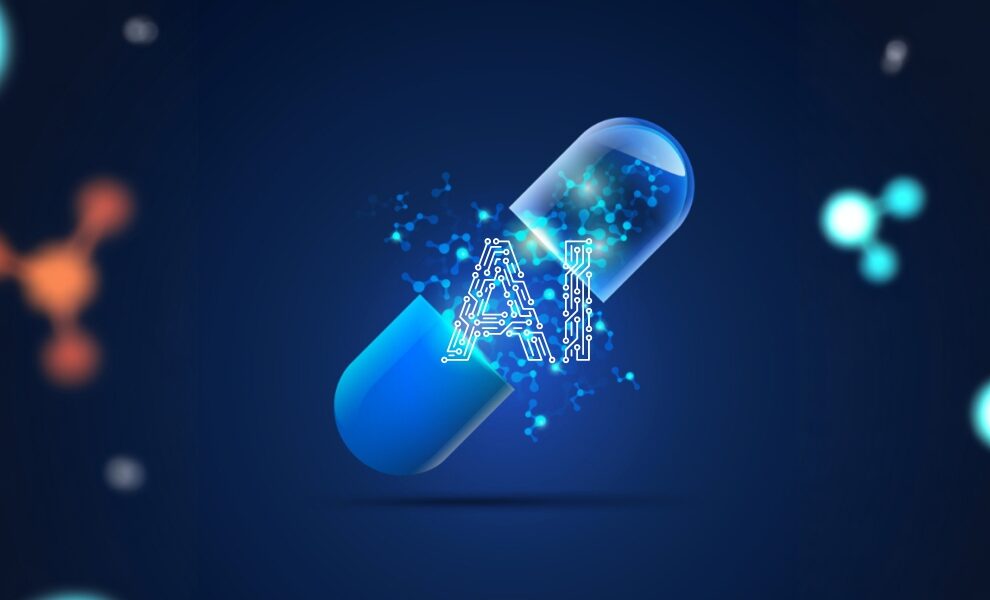Artificial intelligence is reshaping all industries in the modern world. What is interesting is that it is currently being extended to the drug discovery sector and that accuracy, efficiency and speed have been taken to a whole new level. Yet, the use of AI is largely reliant on the data, the issues related to it, and AI constraints.
A simple example of AI in drug discovery is that these models can screen millions of compounds virtually in just hours, which would take months or years to complete with traditional methods.
In this blog, we will discuss drug discovery, its challenges, and associated strategies. So,
Let’s get started!
The Role of AI in Drug Discovery
Drug discovery entails the identification and definition of a drug, preclinical research and eventually carrying out clinical trials. Both of these processes generate large quantities of biological, chemical, and clinical data. The use of traditional models is at the rear-view mirror and now they too are limited.
Furthermore, AI offers a distinct method of data analysis by utilizing machine learning (ML) and deep learning models to interpret natural language (NLP) in a variety of datasets.
Pharmaceutical businesses, biotech companies, and researchers are searching for innovative ways to reduce costs, expedite medication development, improve accuracy, and shorten timeframes as artificial intelligence (AI) is incorporated into drug discovery.
Challenges Associated with AI-Driven Drug Discovery:
While AI has tremendous promise, it is not without challenges.
Data Quality & Availability: Data that is siloed, unstructured, or fragmented does not create the correct predictions.
Interpreting Models: “Black box” AI models make it challenging to explain and get regulatory approval.
Workflow Integration: With the help of AI in the current R&D workflow and internal systems, there is training and alignment.
Regulatory & Ethical Challenges: Uncertainty surrounding frameworks, the use of patient data, bias, and transparency is a barrier.
Opportunities
Faster Drug Development: AI can accelerate the process of identifying potential drug candidates.
Precision Medicine: AI can create personalized treatments by analyzing patient genomic, proteomic, and health record information.
Cost-Effective: AI helps significantly reduce drug development costs by predicting failures early on and focusing on drug candidates with promising opportunities.
Improved Clinical Trials: AI can optimize recruiting participants and monitor responses to drugs in real-time.
Strategies of AI-Powered Drug Discovery
To successfully implement AI in drug discovery, a reliable AI will require strong interoperable and standardized data infrastructure in organizations. Organizations will also be interested in focusing on explainable AI (XAI) by using interpretable models that can encourage trusted choices and support regulatory needs.
Moreover, cross-disciplinary teams with data science, biology, chemistry and clinical practice will be relevant to be formed. Organizations will also have to establish a co-operative ecosystem to accelerate innovation through partnership with AI start-ups, academia, and research institutions.
Wrapping it Up!
The use of AI in drug discovery is a major technological advancement in the pharmaceutical sector and includes advantages like rapid development, lower costs, personalized medicine, and others. Conversely, it has its own difficulties. Organizations that leverage the potential of AI need to be initiated with quality data that generates significant influence on drug innovation. Drug discovery is an area of immense possibilities.
Do you want to stay updated with the latest trends in the tech world? Check out our blog section here!
Recommended For You:


